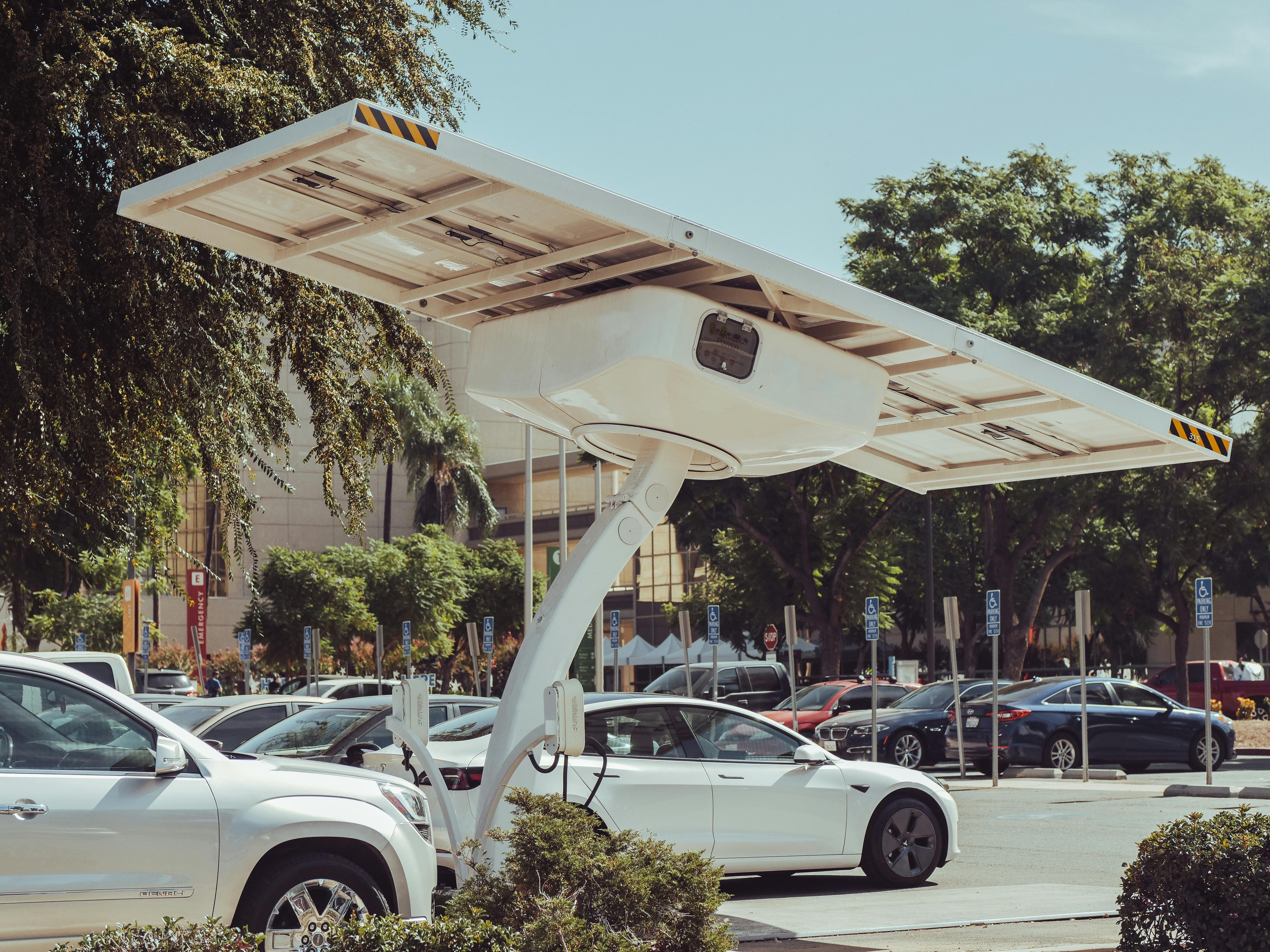Lithium Giant Warns: Economic Barriers Block Western Shift Away From Asia

Albemarle, the world’s largest lithium producer, has issued a stark warning about the challenges of reducing Western reliance on China for critical minerals. As governments in North America and Europe push to localize supply chains for electric vehicle (EV) batteries and other clean energy technologies, Albemarle’s CEO Kent Masters states that the economic realities make such a shift unfeasible. His remarks underscore the steep challenges facing the West in its bid to wrest control of critical mineral production from Asia.
Current State of the Critical Mineral Supply Chain
China dominates the global supply chain for critical minerals, particularly lithium, a key component in EV batteries. The country accounts for more than half of the world’s lithium refining capacity and holds significant control over the production of other essential materials like cobalt and nickel. This dominance has enabled China to supply both raw materials and finished products at a scale and price point that Western nations have struggled to match.
For decades, North America and Europe have relied heavily on imports from China for the critical minerals that underpin their clean energy ambitions. While this reliance has allowed for the rapid scaling of EV production, it also leaves Western nations vulnerable to supply chain disruptions and geopolitical tensions.
Albemarle’s Position
Kent Masters, Albemarle’s CEO, emphasized the economic challenges of building localized supply chains in North America and Europe. According to Masters, creating an alternative to China’s well-established infrastructure would require massive investment, extensive time, and a level of scalability that is difficult to achieve in the West.
“The economics simply do not support building a supply chain entirely outside of Asia,” Masters said, highlighting the high costs of constructing refining facilities, sourcing raw materials, and competing with China’s cost-effective operations. He also pointed to the logistical hurdles of developing infrastructure capable of rivaling Asia’s established networks.
Western Efforts to Localize Supply Chains
In response to China’s dominance, Western governments have launched initiatives to promote domestic production of critical minerals.
- United States: The Inflation Reduction Act includes tax incentives and funding for projects aimed at expanding the domestic supply of critical minerals.
- European Union: The EU’s Critical Raw Materials Act seeks to reduce reliance on imports by boosting local mining and refining capacity.
Despite these efforts, progress has been slow. The high costs of development and regulatory hurdles have delayed projects, while a lack of skilled labor and existing infrastructure further complicates the transition. In contrast, China’s decades-long head start has allowed it to secure a dominant position that is difficult to challenge.
Economic Realities of the Global Supply Chain
Building a competitive supply chain in the West involves far higher costs than continuing to rely on imports from Asia. Labor, construction, and environmental compliance costs are significantly lower in China, allowing for more efficient production at scale.
Additionally, the investment needed to create a competitive Western supply chain is staggering. Developing new mines, refining facilities, and transportation networks would require billions of dollars and years of sustained effort. Even with heavy government subsidies, the West would struggle to match China’s output or cost efficiency.
The global nature of the EV industry also complicates the shift. Automakers rely on international supply chains to keep production costs low, making a complete pivot away from Asia economically impractical in the short term.
Risks of Continued Dependence on China
While the economic case for maintaining reliance on China is strong, it comes with significant risks. Geopolitical tensions between China and the West have heightened concerns about the security of supply chains. Any disruption—whether due to conflict, trade restrictions, or political leverage—could have severe consequences for the EV industry and broader clean energy goals.
By remaining dependent on China, the West exposes itself to strategic vulnerabilities. The inability to control critical mineral supply chains could hinder its ability to meet climate targets and maintain economic resilience in the face of global uncertainties.
Conclusion
Albemarle’s warning underscores the stark economic barriers to the West’s ambitions of creating independent critical mineral supply chains. While the desire to reduce reliance on China is driven by geopolitical and strategic concerns, the economic realities make this goal difficult to achieve in the short term. Policymakers face a tough trade-off: prioritize cost efficiency or invest heavily in securing supply chain independence.
Whether the West can find innovative solutions to reduce dependency while maintaining economic viability remains uncertain. For now, China’s dominance in the critical mineral supply chain remains unshaken, posing a complex challenge for North America and Europe as they seek to balance economic pragmatism with strategic security.
Author: Brett Hurll
Copper's Comeback: Inside BHP And Lundin's Argentine Asset Acquisition
Copper, often dubbed "the metal of electrification," is experiencing a resurgence in demand due to its critical role in ... Read more
Revitalizing Commodities: How Clean Energy Is Breathing New Life Into A Stagnant Market
The commodities market, traditionally a cornerstone of investment portfolios, has experienced a decade of stagnation. Ho... Read more
European Airports Disrupted By Escalating Climate Protests
Climate activists have escalated their protests at European airports, blocking runways and causing flight disruptions in... Read more
Hungary's Russian Oil Dilemma: Why Brussels Is Cautious In Offering Support
Hungary's reliance on Russian oil has led it to seek support from Brussels to ensure continued access to this crucial en... Read more
Unveiling China's Secret Commodity Stockpiles: What Lies Ahead?
Xi Jinping's extensive reserves of grain, natural gas, and oil hint at future challenges.In a move shrouded in secrecy, ... Read more
Copper Miners Brace For Industry Overhaul As End Users Seek Direct Deals
The copper mining industry is bracing for a significant overhaul as end users, including cable manufacturers and car com... Read more

